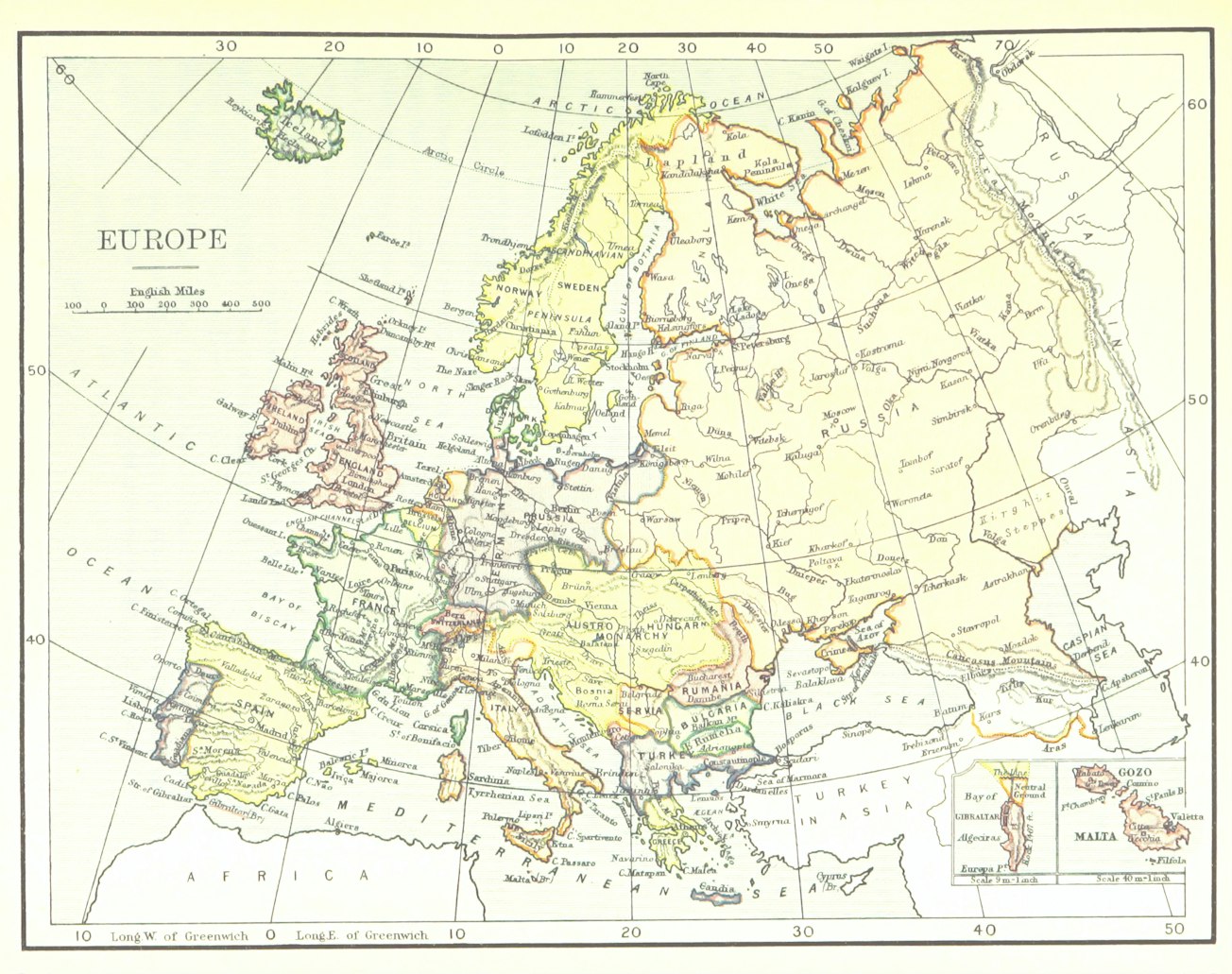What is it about?
In this study we use agents’ expectations about the state of the economy to generate indicators of economic activity in twenty-six European countries grouped in five regions: Western, Eastern, and Southern Europe, and Baltic and Scandinavian countries. We apply a data-driven procedure based on evolutionary computation to transform survey variables in economic growth rates. In a first step, we design five independent experiments to derive a formula using survey variables that best replicates the evolution of economic growth in each region by means of genetic programming, limiting the integration schemes to the main mathematical operations. In a second step, we assess the out-of-sample forecast accuracy of the evolved indicators. We find evidence that the forecasting performance of the survey-based indicators improves during periods of higher growth.
Featured Image

Photo by British Library on Unsplash
Why is it important?
By ranking survey variables according to their performance in tracking economic activity, we find that agents’ “perception about the overall economy compared to last year” is by far the variable that more frequently appears in the symbolic expressions, being present in all five evolved indicators. The second most frequent variables is the "judgement about the present situation of private consumption". The expectations about the future are the variables with a lower weight. When assessing the out-of-sample forecast accuracy of the evolved indicators, we obtain different results across regions, although Austria, Slovakia, Portugal, Lithuania and Sweden are the economies of each region that show the best predictive results.
Perspectives
Given the promising results of this novel line of research, we feel that extending the analysis to other survey data would allow us to examine the extent of the similarities in the derived functional forms. Another issue left for further research is testing whether the implementation of alternative algorithms could improve the forecast accuracy of empirically generated quantitative estimates of expectations.
Oscar Claveria
AQR-IREA, Univeristy of Barcelona
Read the Original
This page is a summary of: Empirical modelling of survey-based expectations for the design of economic indicators in five European regions, Empirica, January 2018, Springer Science + Business Media,
DOI: 10.1007/s10663-017-9395-1.
You can read the full text:
Resources
Contributors
The following have contributed to this page







